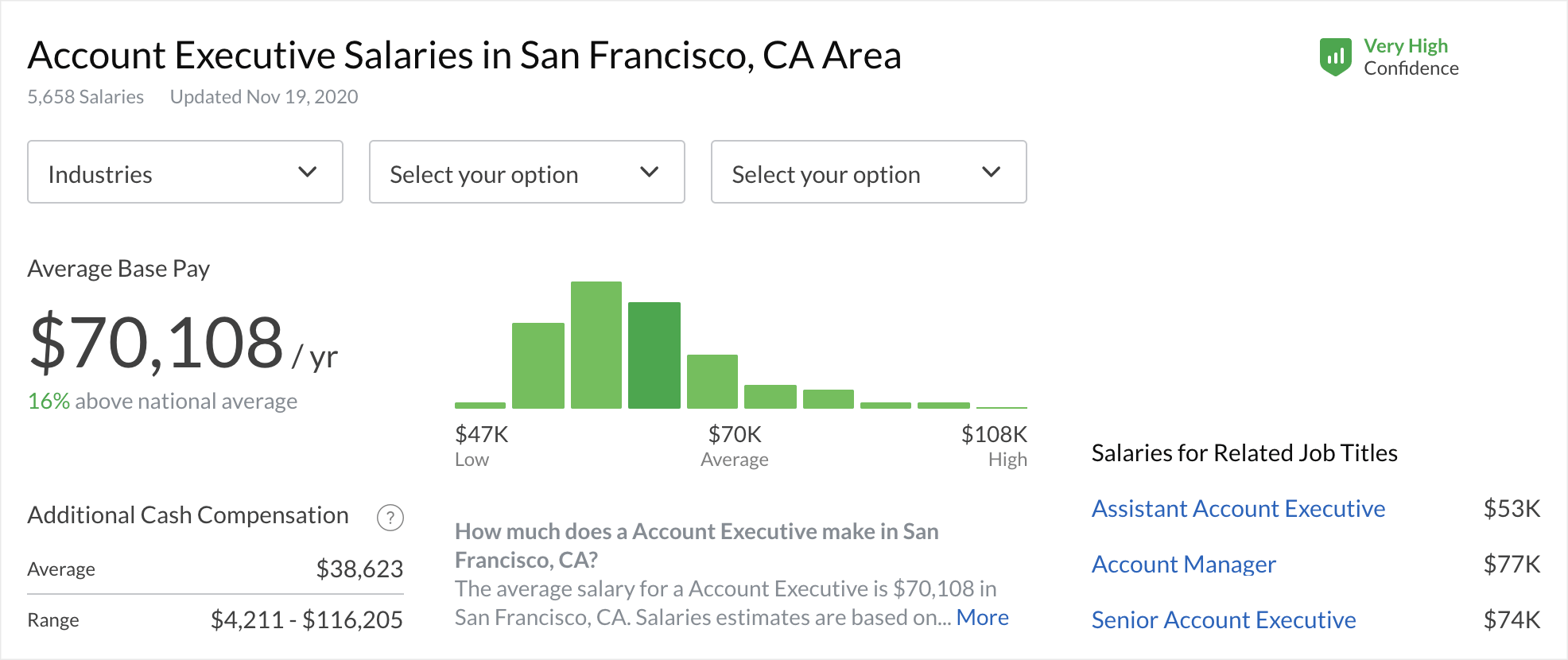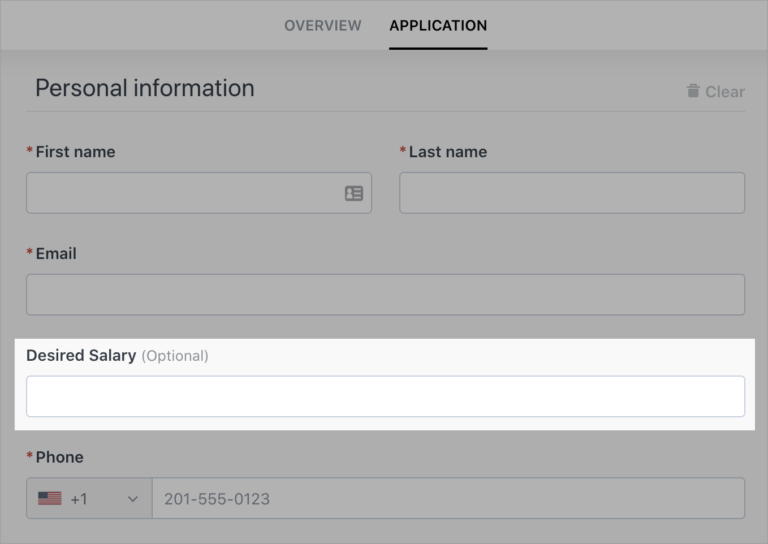Are you getting paid what you're truly worth? Understanding and confidently negotiating your salary is crucial for your financial well-being and professional success.
Before accepting any offer, it's essential to ensure the wage aligns with your needs and the value you bring to the table. A fundamental principle to consider is the number of hours you'll be working, and a common benchmark is to anticipate approximately 2000 working hours annually. Navigating the complexities of salary expectations requires a strategic approach, especially when time is of the essence.
| Category | Details |
|---|---|
| Definition of Desired Salary | The compensation a job seeker aims to receive for a new job or promotion. It reflects the amount you believe is fair, considering the responsibilities involved. |
| Significance | Crucial for financial well-being, professional growth, and demonstrating self-worth. It influences lifestyle and long-term financial planning. |
| Components to Consider |
|
| Commonly Requested by Employers | Interviewers and hiring managers frequently ask about desired salary to assess if expectations align with the company's budget. This helps them determine if your desired range is reasonable and feasible. |
| Strategies for Handling the Question |
|
| Research & Resources |
|
| Negotiation Tactics |
|
| Common Mistakes to Avoid |
|
| Additional Factors |
|
| Real-World Scenario: Texas Roadhouse Example |
|
| Conclusion | Being well-prepared for salary discussions is critical. Approach the conversation with research, confidence, and a clear understanding of your worth. |
| Reference | Payscale |
If you're pressed for time, here's a quick overview: Higher hourly wages are often associated with positions that demand more specialized skills, such as those of a cook. Understanding the market rate for your role is crucial.
Let's delve into the compensation landscape, using the example of Texas Roadhouse in the United States. The question of "How much does Texas Roadhouse in the United States pay?" offers an insight into the restaurant industry's pay structure.
The average hourly pay at Texas Roadhouse fluctuates, ranging from roughly $10.36 for a server assistant to $28.48 for a food runner. Salaries vary significantly based on the role. The average annual salary for a senior operator is approximately $16,000, whereas a partner can earn up to $134,174 per year. These figures offer a tangible perspective on the compensation levels within the company.
So, how do you pinpoint your desired pay? Research is the key. A simple online search, especially on recruitment websites, can illuminate the average salary range for your specific position. This data-driven approach will empower you to negotiate with confidence.
Confidently articulating your desired salary is an art form. Companies often present the question during interviews to assess whether your financial expectations align with their budgetary constraints. Their goal is to ascertain if your salary expectations are realistic and within their capacity to offer. This is where your research comes in.
As an example, many individuals in the service industry are familiar with base wages, often around $2.13 per hour, alongside tips. The tips are meant to supplement the base wage, bringing the total up to the federal minimum wage of $7.25 per hour. Note that this federal law only establishes the bare minimum that a waitress must be paid. Some states, however, mandate a higher base wage. Bartenders, for example, frequently find their compensation structured around an hourly rate supplemented by tips, offering a dynamic earning potential influenced by their skills and the establishment's customer base.
When considering the "desired salary per hour," understanding the market value for similar roles is vital. Suppose you're contemplating a role as a waiter at Texas Roadhouse; you'd naturally inquire about their average hourly earnings, including tips. Personal accounts from online forums like Reddit reveal insightful information. For example, an individual might share, "If you work 4 shifts a week and pick up a 5th, you should be fine making $300 a week."
Your "desired salary" is fundamentally the compensation you aim to receive for a new job or promotion. It's the dollar amount you'd like to earn in exchange for fulfilling the job's responsibilities. The number should feel fair, reflecting the position's demands. Regardless of whether the company asks for it or if you voluntarily share it, it's crucial to have a salary range in mind. Use data points on the average salary for similar positions, factoring in your experience, education, and the cost of living in your area.
The "desired salary" is technically any compensation you desire. However, being reasonable and calculating is essential when providing an answer. It's a figure you wish to earn in your new role, reflecting the value you bring to the company.
Employers use this information to determine if your expectations are in sync with their budget for the position. This enables them to evaluate the reasonableness and feasibility of your desired salary range.
Let's explore the nuances of communicating your salary expectations to demonstrate your qualifications for that specific pay. Before your interview, gather as much information as possible about the role and the company. Understand the responsibilities and job requirements, and see if they provide details on the salary or benefits. Some companies are very transparent in their compensation.
Consider the following scenarios: a job application where you are prompted to input your desired salary per hour. Consider a situation where you're moving from an hourly role to a bartending position at a restaurant. You know your base pay will be hourly, but the real earning potential lies in tips, which are variable. In such a case, it might be challenging to estimate your hourly income. The local minimum wage in your area will also be a factor.
Answering the question "what is your desired salary?" is difficult but possible. If a text field is available, you can write "salary is negotiable". If a number is mandatory, enter "000". Researching the market, understanding your experience, and considering your education are crucial for defining your desired salary.
To avoid common mistakes in job applications and interviews, refrain from disclosing your desired salary prematurely. After receiving a job offer, negotiate your salary effectively. Learn how to assess your skills, experience, and market value to showcase your value to the employer.
Texas Roadhouse, Inc. employees have an average pay of $13.62 an hour. Hourly pay typically ranges from $7.85 to $18.29, but these figures change based on the role and the individual. The base salary for servers, for example, is typically $16 per hour, but this is supplemented by about $10 per hour from tips, bonuses, or other incentives. The national minimum wage for tipped workers is $2.13 an hour, but restaurants must pay servers an hourly wage of at least $7.25 an hour. If tips don't bring you to the hourly wage, the restaurant is required to cover the difference.
Employers ask about expected salaries during job interviews to determine if your expectations align with their budget for the position. This way, they can assess if your desired salary range is reasonable and within their capability to offer.
It is important to always be prepared for the question of desired salary during the interview process. This crucial aspect of job hunting requires a strategic approach, including thorough research and confidence. By understanding the market value of your role and the factors impacting your potential earnings, you can approach the conversation with clarity and poise.
Important Points to Remember:
- Research: Always research average salaries.
- Be Prepared: Know how to avoid disclosing your salary expectations too early.
- Negotiate: Negotiate effectively after receiving a job offer.
- Be Realistic: Align your expectations with the current market trends.
- Data: Use data points from sites like Indeed, Payscale and others to support your salary requirements.


